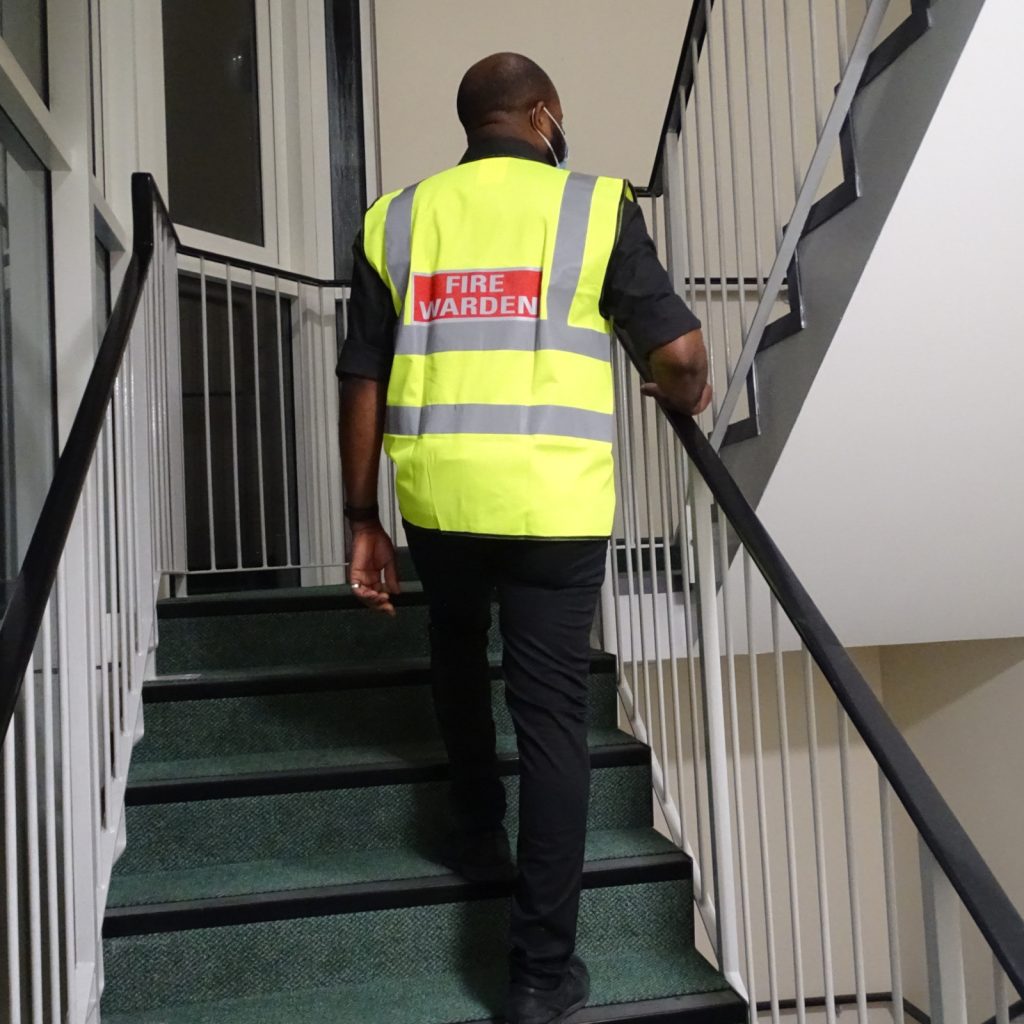Can a Lawyer from Another Country Represent Me in the UK?Can a Lawyer from Another Country Represent Me in the UK?
In the modern world, it is easier than ever to maintain relationships with people and professionals all over the world.
If you are currently living in the UK and find yourself in legal trouble, you may well be wondering if your lawyer from another country can represent you in this country.

IN this blog, we will help you to find out.
Understanding Legal Jurisdictions
The fundamental principle to grasp is that legal jurisdictions, or the authority of legal bodies to govern and create law, are geographically bound. This means that the laws governing the practice of law are specific to each country or, in some countries, each state or province. In the UK, the legal system is further complicated by its division into three separate jurisdictions: England and Wales, Scotland, and Northern Ireland, each with its own court system and legal regulations.
The Basics of Legal Representation in the UK
In the UK, the right to practice law and represent clients in legal matters is reserved for individuals who are qualified and registered with the relevant regulatory body. For solicitors in England and Wales, this is the Solicitors Regulation Authority (SRA); in Scotland, it’s the Law Society of Scotland; and in Northern Ireland, the Law Society of Northern Ireland.
The Role of Foreign Lawyers in the UK
So, can a lawyer from another country represent you in UK legal matters? The answer is nuanced:
- For legal advice: Yes, in many cases. Lawyers from other jurisdictions can provide legal advice on matters of their own country’s law or international law. However, they cannot offer advice on UK law unless they have the relevant qualifications and permissions.
- For court representation: Generally, no. Representation in UK courts requires a lawyer to be qualified to practice in the specific jurisdiction of the UK where the case is being heard. There are some exceptions, such as cases involving European Union law (subject to post-Brexit changes) or international courts where UK cases may be heard, but these are highly specific scenarios.
Pathways for Foreign Lawyers in the UK
Foreign lawyers seeking to represent clients in the UK have several pathways to qualify:
- Qualified Lawyers Transfer Scheme (QLTS): This route allows lawyers qualified in certain jurisdictions to qualify as solicitors in England and Wales without completing the usual training contract.
- Cross-qualification in Scotland and Northern Ireland: Similar schemes exist for lawyers wishing to practice in these jurisdictions, each with its own set of requirements.
The Benefits of Hiring a UK Lawyer
While there may be instances where foreign legal expertise is invaluable, particularly in cases involving international law or the law of another country, there are distinct advantages to engaging a UK-qualified lawyer Glasgow for matters under UK jurisdiction:
- Expert knowledge of UK law: UK lawyers are well-versed in the specifics of UK legal practice and procedure.
- Rights of representation: Only those properly accredited can represent you in UK courts.
- Local insights: Understanding the cultural and procedural nuances of the UK legal system can be critical in effectively navigating legal challenges.
